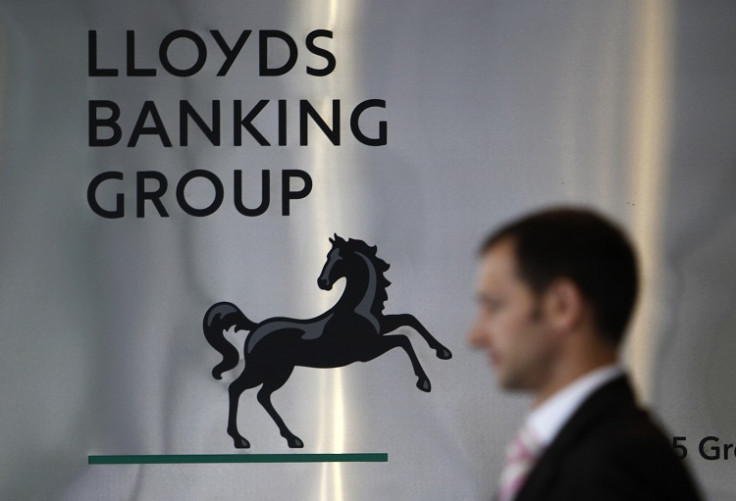UK Taxpayers Lost £230m on Lloyds Banking Group Shares Sale

British taxpayers lost £230m from the government sell-off of 6% of its stake in Lloyds Banking Group, according to the National Audit Office.
But the UK public finance watchdog said the sale was managed effectively and provided good value for money.
The UK government acquired a stake in Lloyds during the financial crisis after a taxpayer-funded bailout rescued the bank from collapse.
It sold the 6% share in September and retains a 32.7% holding through UK Financial Investments (UKFI), which manages the government's shares in bailed-out banks, including Lloyds and the Royal Bank of Scotland (RBS).
"The programme of sales of the taxpayers' holdings of bank shares has got off to a good start. Sale options were reviewed thoroughly and UKFI looks to have got its timing right," said Amyas Morse, head of the NAO.
"The sale took place when the shares were trading close to a 12-month high and at the upper end of estimates for the fair value of the business. Furthermore, the share price in trading after the sale has remained steady."
Despite the loss to taxpayers, the NAO said it should be seen as a small price for securing financial stability during the crisis rather than a failure of the current sale process.
Chancellor George Osborne will hope to replicate the Lloyds success with RBS, in which the government holds an 81% stake.
RBS has been dogged by litigation and compensation costs relating to past misbehaviour by staff, from the mis-selling of financial products to manipulation of the key benchmark rate Libor.
It is also undergoing balance sheet reforms to wind down its vast portfolio of risky assets built up before the financial crisis.
Since 2008, RBS has wound down £220bn of its non-core assets from £258bn.
During the third quarter of 2013, RBS posted a pre-tax loss of £643m, after taking a £496m accounting charge for an improvement on its own credit.
In June, the RBS Chief Executive Stephen Hester quit his role amid speculation that he was pushed by Osborne. The chancellor denied having a hand in Hester's ousting, which is said to have been over the RBS boss's lack of support for the government's banking reforms.
Osborne has said it is unlikely RBS will be sold off before the 2015 general election.
© Copyright IBTimes 2024. All rights reserved.






